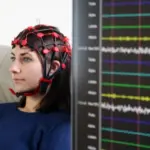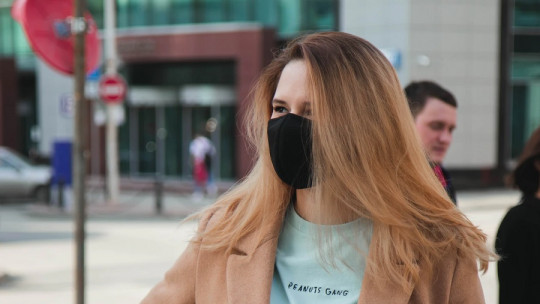
These last two years have been full of concern, both for our health and that of our family members. COVID-19 appeared in an unexpected and unknown way, but with great repercussions worldwide; an unknown disease that has been present since 2020 and that has left many people along the way.
Today, after two years, the virus has been controlled through measures such as vaccination or masks and social distancing, but, now back to normal, we find that this pandemic It has not only left us with symptoms on a physical level but also on a psychological level.
The psychological repercussions of the pandemic
In the first moments of the pandemic, many unpleasant emotions were generated: anger, frustration, helplessness, fear, sadness, hope… thus generating high levels of anxiety. Along with this, the loss of routines and the lack of adaptation created various psychological problems during the quarantine period.
Another aspect to emphasize is the appearance of phobias, the fear of death or pain, which is a primary fear, although the worry and lack of information about the virus made, together with the psychological factors predisposing to a phobia, such as obsessive traits or close experiences of illness or death, that would increase those fears of going out on the street or socializing.
An intensification of different pathologies, such as post-traumatic stress, has been observed, especially in people who have had to be hospitalized or with more severe symptoms. Also depressive symptoms, anxiety, insomnia problems and Obsessive-Compulsive Disorder.
In parallel, we find physical symptoms that continue to affect psychologically, such as muscle pain and persistent fatigue, which affect the mood. The main emerging pathologies after the pandemic essentially focus on symptoms of anxiety and depression.
Alterations linked to anxiety
Anxiety is a mechanism of adaptation to the environment to overcome certain demands in life. Is about a defense against stimuli that break the physiological or psychological balance. It is positive as long as it is proportionate and is a powerful motivator to achieve goals.
When this anxiety remains prolonged over time at high levels, it is when it begins to be considered negative or maladaptive. Negative anxiety is characterized by persistent states of discomfort, worry, hypervigilance, tension, fear, insecurity feeling of loss of control, etc.
Furthermore, as a consequence of its prolongation over time, it can generate other physiological disorders such as changes in the endocrine system and the immune system, making people more vulnerable to contracting a disease, as well as dermatological problems that have been aggravated.
Depressive type alterations
Depression is characterized by a depressed mood, decreased pleasure or interest in any activity increased or decreased appetite, difficulties in falling asleep and maintaining sleep, lack of energy, excessive feelings of guilt or worthlessness, difficulties when making decisions, recurrent ideas of death or suicide, etc.
Under this state of mind we find negative interpretations of the person towards himself, towards the environment and towards the future. It can be generated by various factors, such as aversive experiences for the individual or situations of helplessness that last over time, in addition to some event valued as traumatic.
According to experts, it is expected that The post-pandemic symptoms generated will begin to decrease over the next two years, although the recommendations are based on care not only on a physical level, but also on a psychological level. If you find yourself in this situation or think that a family member of yours has the symptoms mentioned above, do not hesitate to ask for help, at the Blanca Esther Psychology Center we will be happy to help you in this process.








